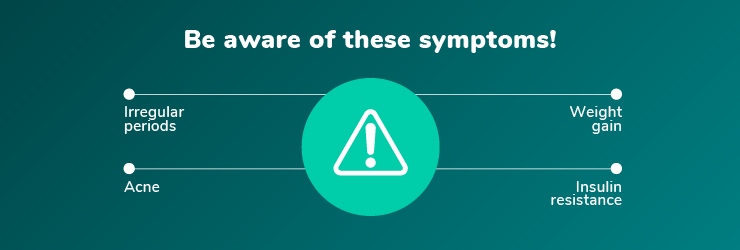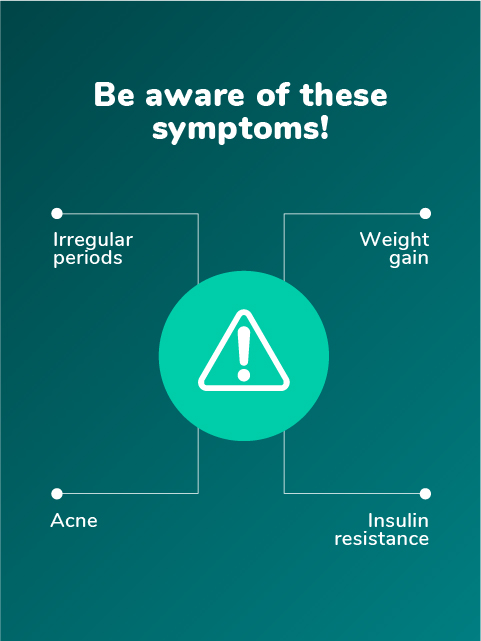Polycystic ovary syndrome (PCOS) affects 1 in 10 women of childbearing age in the UK. Nearly 80% of women with PCOS experience difficulty getting pregnant because of their condition.
We have created this guide to help you understand PCOS so that you are fully informed about your options, whether you are ready to start a family now or in the future.
Polycystic ovaries are very common – it’s estimated that a third of women have them. If the ovaries are polycystic, it means they contain a higher-than-normal number of ovarian follicles. It is important to know that having polycystic ovaries does not mean having ovarian cysts.
Polycystic ovaries and PCOS are not the same, and not all women with polycystic ovaries will develop PCOS. Women that do develop PCOS may experience irregular periods, which is a sign of anovulation (when the ovaries do not release an egg during a menstrual cycle). This is what can makes it difficult to get pregnant.
Polycystic ovary syndrome is a metabolic disorder, which disrupts a woman’s hormones. This hormonal imbalance can appear in symptoms such as weight gain, excess hair growth and difficulty getting pregnant. Symptoms of PCOS normally appear during puberty, but they can also present later in life.


Specialists can diagnose PCOS when at least two of these symptoms are present:


PCOS is a common cause of infertility in women because many women with PCOS do not ovulate. This can make it very difficult to conceive naturally.
Women with PCOS have a higher risk of pregnancy complications, however this risk can be minimised with treatment and careful monitoring during pregnancy.

Maintaining a healthy lifestyle, staying active and eating a balanced diet can improve PCOS symptoms. Many women with PCOS experience significant weight gain due to insulin resistance. Although every woman is different, losing weight is often recommended as a first-line management of PCOS-related infertility in overweight women (BMI >25).

If you are trying to get pregnant, your consultant may advise changing your lifestyle and adopting healthier habits to improve your chances of conceiving.
Depending on your specific circumstances such as age and medical history, you may be prescribed medication to induce ovulation.
In some cases, surgical treatments are necessary to encourage ovulation.
In our guide, you will find a comprehensive summary of the different treatment options recommended for women with PCOS who are trying to conceive.